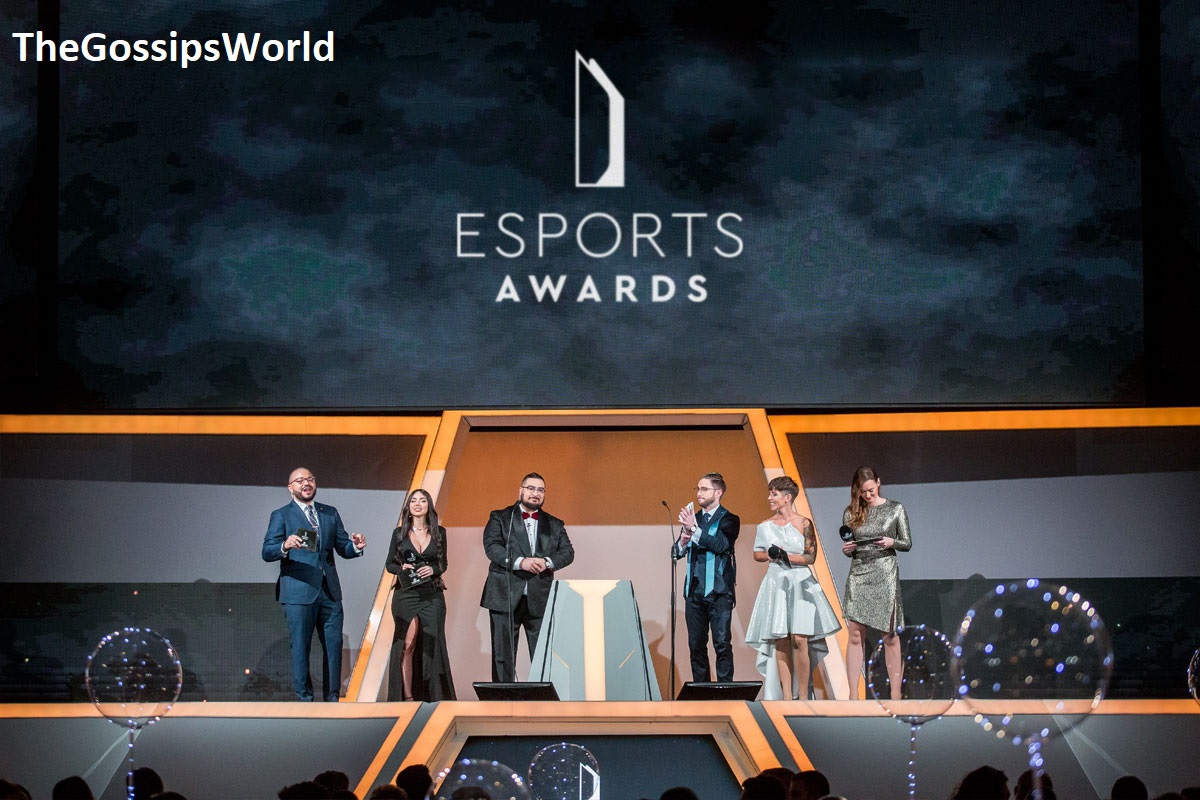Online Slots – Unmasking The Alarming Reality Of Gambling Harm, Revealed By GambleAware
GambleAware: In the rapidly evolving landscape of online gambling, the allure of online slots has proven to be a double-edged sword. The British charity’s recent report revealed that people experiencing gambling-related harm from online slot games accounted for over a third of all contacts to its support services in 2022-23.
Table of Contents

Online Slots Account For Over A Third of Gambling Harm Contacts According To GambleAware
It was reported that a staggering 37.9% of victims who made use of gambling harm support played this category of casino games. There is no denying that there are thousands of titles, many available through the CasinoShortlist free no deposit slot spins. Yet, mindful gambling is something that all reputable providers promote, even if it means generating less revenue from players who decide to self-exclude.
The Rise Of Online Slots
The convenience and accessibility of online gambling platforms have catapulted the popularity of online slots worldwide. In recent years, a myriad of digital casinos have emerged, offering a vast array of slot games designed to captivate players with their flashy graphics, enticing themes, and the promise of substantial payouts.
Moreover, the virtual nature of these games eliminates the need for physical machines, enabling users to indulge in the thrill of spinning reels from the comfort of their homes – something which became increasingly important during the COVID-19 lockdown and remained an attractive prospect even once restrictions were lifted.
Understanding The Nature Of The Online Slot Problem
The ease of access, coupled with the continuous availability of these digital slot machines, creates an environment ripe for potential harm. Gamblers seeking help and support often turn to organizations like the National Gambling Treatment Service (NGTS) when faced with the consequences of their habits.
The fact that, according to GambleAware’s annual survey, online slots contribute to more than a third of these contacts raises concerns about the impact of these games on individuals and communities. The nature of online slots, with their rapid gameplay and immersive features, can intensify the addictive nature of gambling, leading to financial, psychological, and social repercussions.

To comprehend the gravity of the issue, it’s crucial to delve into the psychology that underpins online slot design. These games are meticulously crafted to trigger pleasure centers in the brain, with features like flashing animations, engaging music, and the intermittent reinforcement of wins. The allure of the next big win keeps players hooked, often leading to prolonged sessions and, in some cases, excessive spending.
Breaking things down further, the findings revealed that among those reaching out to GambleAware and NGTS, 75% were below the age of 75. Furthermore, the predominant age brackets of those seeking support were 25-29 and 30-34, constituting 38% of the total clientele.
In terms of gender distribution, 69% of clients identified as male. Ethnically, 90% of players were of white background, while 6% were Asian or Asian British, 3% black or black British, and 2% identified as mixed race.
Regarding employment status, 72% of clients were employed, while 12% were individuals dealing with long-term disabilities or illness and not in employment. Unemployed individuals comprised 9% of contacts, retired individuals comprised 2%, those engaged in family or home responsibilities without work constituted 2%, and students represented 1% of the contacts.
Acknowledging The Success of Treatment Programmes
Despite the somewhat alarming nature of statistics with the harmful nature of online slots, GambleAware also acknowledged the efficacy of its treatment programs du, noting a commendable 64% completion rate among the people who had reached out for help. However, this slightly lags behind the preceding five-year average of 67%.
Of those who successfully finished the treatment, an impressive 88% reported positive changes in their behavior. Notably, the percentage of individuals categorized as “problem gamblers” decreased significantly from 86% at the initiation of treatment to a mere 13% upon completion.
While 28% discontinued treatment prematurely before the scheduled endpoint, a slight improvement from the previous year’s 30%, the remaining clients either received referrals to alternative services or were discharged following assessments without undergoing treatment.

GambleAware’s Chief Commissioning and Strategy Officer, Anna Hargrave, emphasized the clear demonstration of the preventive approach’s value through their network, underscoring the timeliness of investing in early treatment. This sentiment was reiterated by the recent Gambling Commission figures indicating a potentially larger prevalence of harmful gambling than previously estimated.
GambleAware’s Stance on The Statury Levy
GambleAware has urged caution regarding plans for a statutory levy, as the government’s Gambling Act white paper proposed. The levy, aimed at operators, is intended to fund Research, Education, and Treatment (RET) for gambling harms.
While welcoming the move, GambleAware seeks assurance that third-sector services won’t be jeopardized. CEO Zoë Osmond emphasized the importance of protecting specialist services, expressing concern about the future of dedicated third-sector support workers.
Urgent reassurance is sought to ensure the continuity of vital services during and after the transition, preserving the invaluable experience within the National Gambling Support Network and the broader third sector.
In short, the findings of this survey, especially regarding the addictive nature of online slots, serve as a wake-up call for both the industry and society at large. As we navigate the ever-evolving landscape of online gambling, it is imperative to strike a delicate balance between the immense opportunities the industry provides and the potential harms.






